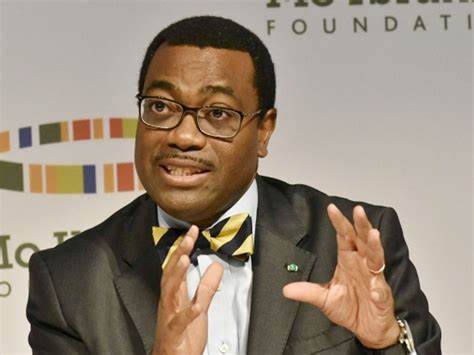
Scene from Lagos, Nigeria
Nigeria economy remains Africa’s biggest, South Africa comes second
Latest Bloomberg report has said that South Africa’s economy is 11 percent bigger than it was earlier estimated after statistics authorities changed the way they calculate gross domestic product. After the updated statistics, South Africa remained the second biggest economy in Africa, trailing behind Nigeria whose size of economy was $375 billion in 2020. Nigeria’s statistics office plans to publish overhauled GDP data in late 2022 or in the first quarter of 2023.
An economy analyst said despite widespread poverty and insecurity in Nigeria, Nigeria’s economic status remained high because her spending is still high.
South Africa’s GDP at current prices measured 5.52 trillion rand ($369 billion) in 2020, compared with a previous estimate of 4.97 trillion rand, said Joe de Beer, deputy director-general of economic data at Statistics South Africa, told reporters Wednesday in the capital, Pretoria.
The upward revision means some key fiscal metrics, including the ratio of debt as a percentage of GDP, may now look better, De Beer said in an interview. Ratios in which GDP is the denominator will decline if the numerator remains the same, he said.
The country’s statistics authorities said they updated the way they calculate gross domestic product, which resulted in upgrading the economy by 11 percent.
South Africa’s statistics office altered its methodology for calculating data by including new sources of information, changing the reference year to 2015 from 2010, and refining its classification of activities to better reflect the structure of the economy.
The revision means debt as a proportion of GDP will remain below 80% through 2023-24, Annabel Bishop, chief economist at Investec Bank Ltd said in a note. The government projected in February that the ratio would breach the 80% mark in the year through February 2021, and reach 87.3% in the 2024 fiscal year. The budget shortfall for the current fiscal year is now seen at 8.4% of GDP, compared with the National Treasury’s estimate of 9.3%, Bishop said.
The statistics office altered its methodology for calculating the data by changing the reference year to 2015 from 2010, included new sources of information and refined its classification of activities to better reflect the structure of the economy.
The contribution of personal services to economic output more than tripled as a result of the changes, while that of the finance, real estate and business services industry is now 26% greater. General government’s contribution decreased by 45%.
Household consumption as a percentage of GDP is estimated to be 16% higher in the 2015 base year and GDP per capita is now revised to 79,913 rand, up from a previous estimate of 73,209 rand. Report




Recent Comments